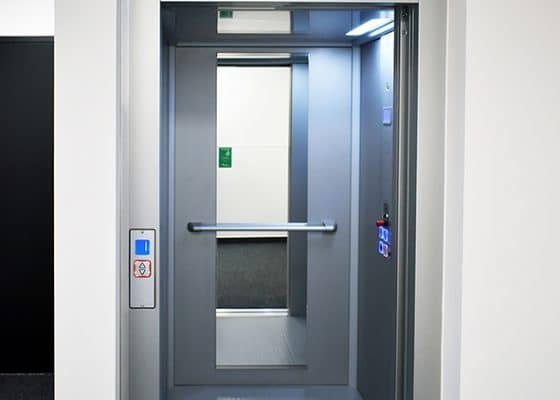
Dangers Of Sleeping Late
Many of us these days are so busy with our academics and workload that we often use the time for sleeping or resting to do our pendings. Several others have been doing this behavior that we consider normal or common, especially in our generation. There are also a few people who prefer it this way as they work “better” at night as there is less noise and distraction from their environment because everyone else is asleep during those hours. Calling themselves night owls, these people prefer to remain up till extremely late at night or very early in the morning.
Some people are late chronotypes by nature, meaning they prefer to go to bed later and get up later. Early chronotypes, on the other hand, favor an earlier bedtime and wake-up time. Delayed sleep phase problems may be seen in night owls who are uncontrollably unable to fall asleep for several hours after the usual time. This problem can then be turned into something serious, being diagnosed as a disorder that we call insomnia.
With that being said, although this behavior is seen as common among the youth, especially in our generation, this lifestyle is not recommended and has consequences if it becomes consistent. Therefore, here are some of the dangers and what might happen to you if you continue sleeping late:
Table of Contents
ToggleHealth Problems
Sleeping late often generates a higher chance of developing health problems both physically and mentally. Disrupting your sleep patterns might have unnoticed negative implications on your general health. Irregular sleeping schedules may lead to increased stress levels, and are more likely to develop heart diseases. Studies that were conducted previously also show that people who tend to sleep late or who lack sleep are more prone to getting sick. Diseases like diabetes are also seen at a much higher risk. Additionally, they also are more prone to get hypertension than those who sleep in early and have a proper sleeping schedule. When you stay up late, your stress levels rise, which may harm your arteries and raise your blood pressure.
Hard to Function
Lack of sleep also contributes to anger, exhaustion, memory loss, and difficulty concentrating, which may affect our senses, like our vision, hearing, and being able to comprehend simple instructions. This may be crucial, especially to people who have jobs, as these might affect their career and future as well as students, as it can also affect their performance and grades in their school. You get less sleep if you stay up late because you have to get up early for work. This may shorten your downtime and cause your body to become numb from exhaustion. When you overwork yourself without getting enough rest, your focus, problem-solving abilities, and creativity suffer greatly. According to research, sleep is also essential for the process of assimilating new information in the brain. In other words, in order to retain and commit to memory new knowledge, we need to get enough sleep.
Despite sleeping in late being normalized in today’s generation, we must change this habit as it can affect our life. According to studies, an average adult requires approximately 6 to 8 hours of rest each night to maintain optimal health and performance. This is because sleep replenishes and re-energizes the body. We must prioritize obtaining appropriate sleep for our bodies to operate correctly throughout the day since sleep deprivation has an adverse effect on both the body and the mind. We may be able to overcome sleep loss and late nights by making changes to our daily routines and adopting a balanced and nutritious diet.
Other options include using prescription drugs like melatonin tablets or alternative treatments. Using CBD melatonin pills is a great way to overcome this problem and also a way to achieve good quality sleep. Without the hangover, calming herbs and clever botanicals induce deep relaxation and relieve tension allowing you to enjoy your sleep. Needless to say, sleeping before midnight can improve our physical and mental health as well as the pattern of our sleep throughout the night.


